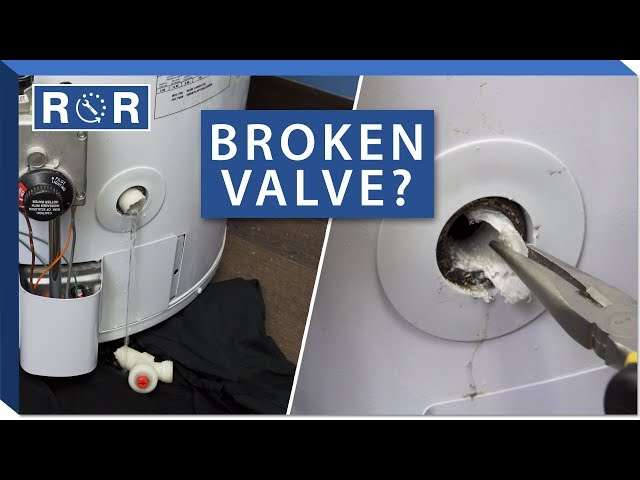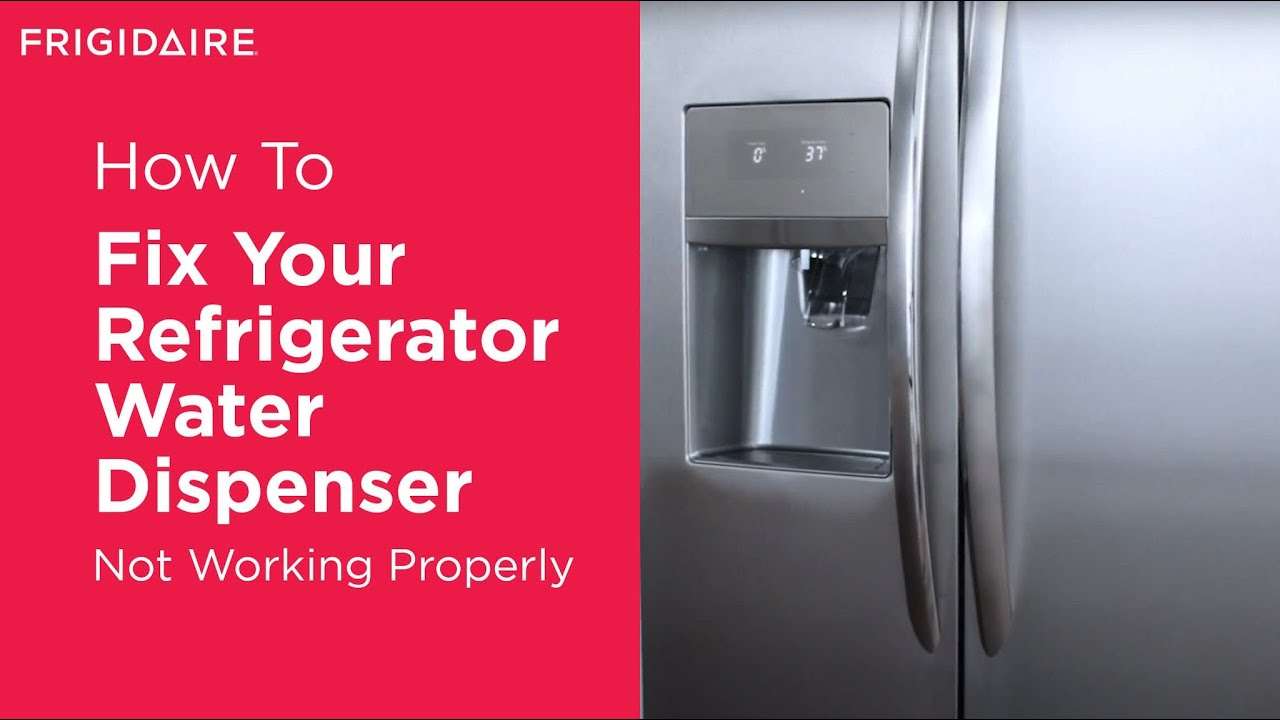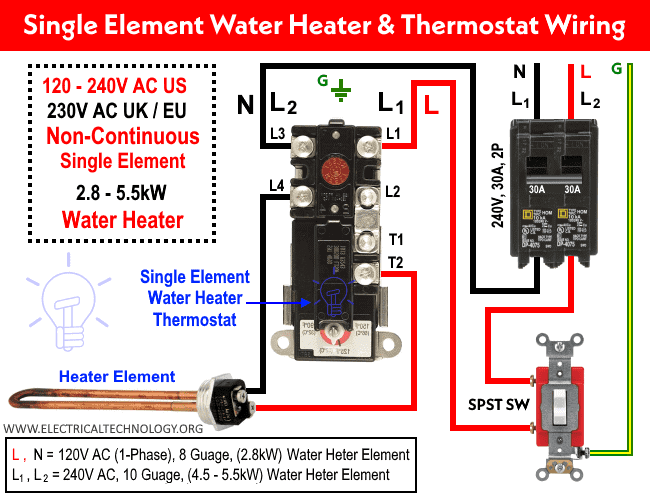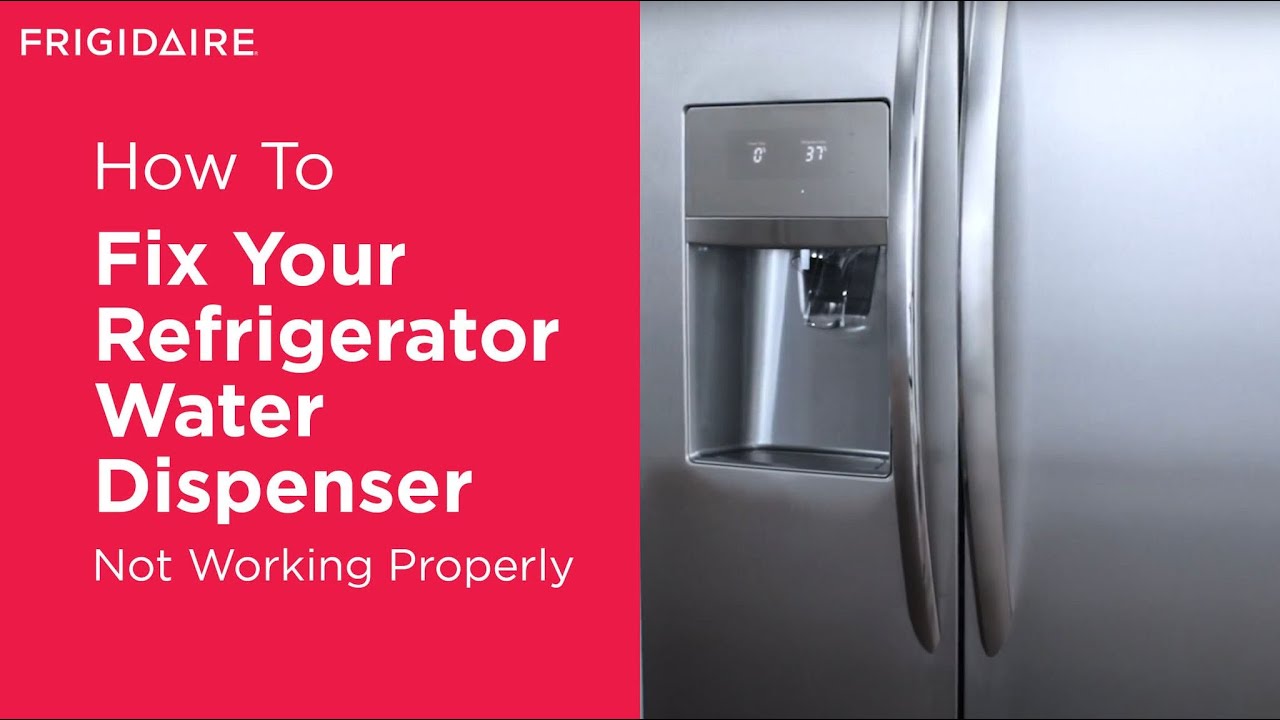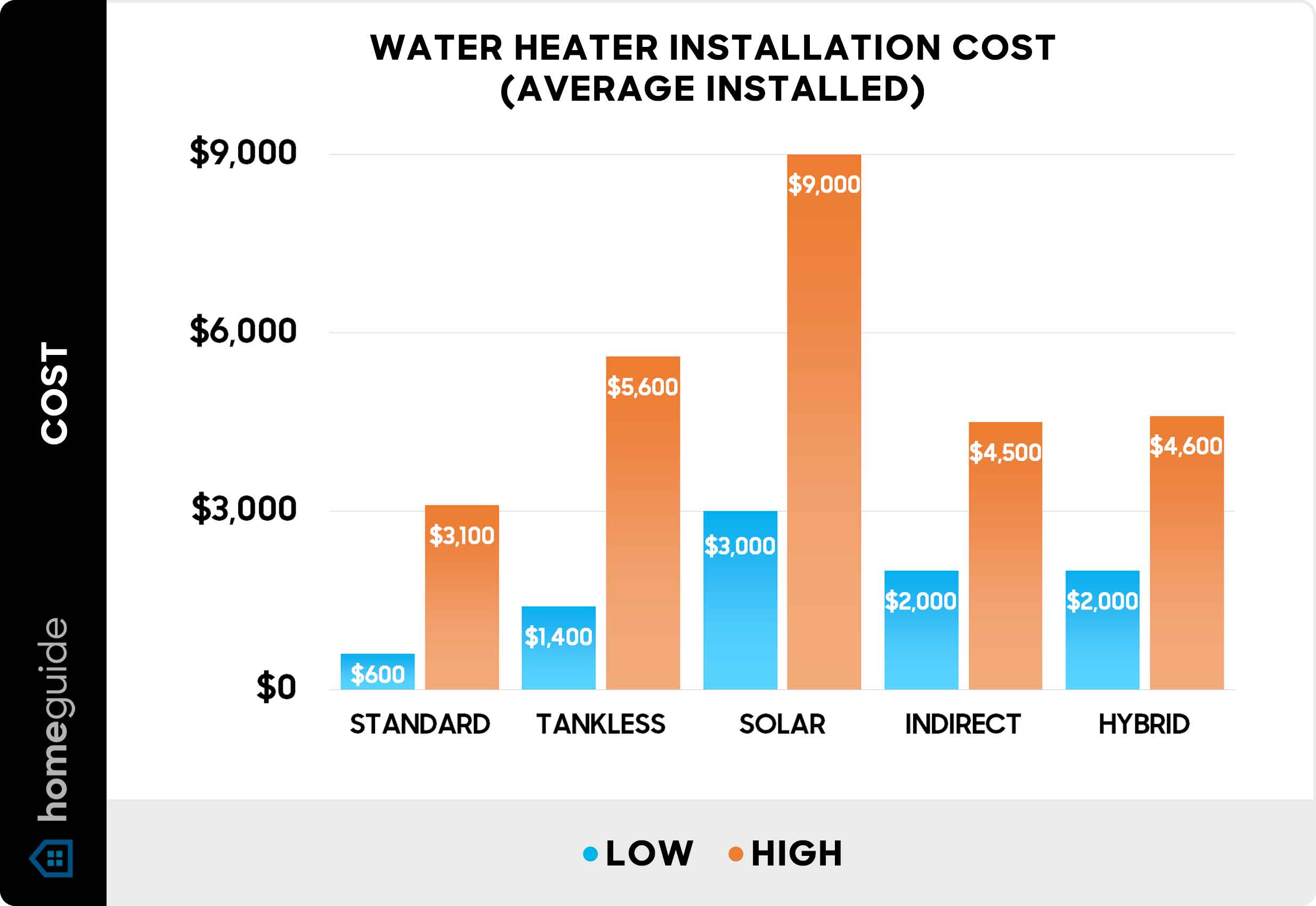The dreaded cold shower – no one wants it! But what happens when your hot water heater inexplicably stops providing the warmth you expect? Often, the first troubleshooting step involves resetting the unit. Understanding how long for hot water heater to heat after reset can save you from unnecessary panic and potentially expensive service calls. The time it takes can vary significantly depending on several factors, from the size of your tank to the type of heating element you have, and even the temperature of the incoming water. So, let’s delve into the variables that influence the reheating process.
Factors Influencing Reheating Time
Several elements play a crucial role in determining how quickly your hot water heater will recover after a reset. Knowing these factors can help you estimate the reheating time more accurately.
- Tank Size: Larger tanks obviously take longer to heat than smaller ones. A 40-gallon tank will reheat faster than an 80-gallon tank.
- Heating Element Wattage (For Electric Heaters): Higher wattage elements heat water more quickly. Common wattages include 3500W, 4500W, and 5500W.
- BTU Rating (For Gas Heaters): A higher BTU rating indicates a more powerful burner, leading to faster heating.
- Incoming Water Temperature: In winter, the incoming water is colder, requiring more energy and time to reach the desired temperature.
- Age and Efficiency of the Heater: Older heaters may have accumulated sediment, reducing their efficiency and increasing heating time.
- Thermostat Setting: A higher thermostat setting requires more energy and time to reach the target temperature.
Estimating Reheating Time: A General Guideline
While a precise calculation requires specific details about your water heater and conditions, here’s a general guideline:
Electric Water Heaters:
Typically, an electric water heater takes approximately 1-3 hours to fully reheat after a reset. A good rule of thumb is to estimate about one hour per 20 gallons of tank capacity. So, a 40-gallon tank might take around 2 hours, while a 60-gallon tank could take closer to 3 hours. Remember that this is just an estimate; the actual time may vary.
Gas Water Heaters:
Gas water heaters generally heat water faster than electric models. You can usually expect a full reheat in about 30 minutes to 1 hour. Again, this is an estimate and depends on the BTU rating and tank size.
What to Do While Waiting
While waiting for your hot water to return after a reset, avoid running hot water in your home. This will draw cold water into the tank, prolonging the reheating process. Patience is key!
Troubleshooting if Hot Water Doesn’t Return
If your hot water heater doesn’t reheat after a reasonable amount of time following a reset (allowing more than the estimated time), there may be a more significant problem. Contact a qualified plumber for assistance. It could be a faulty heating element, a malfunctioning thermostat, or other issues requiring professional attention.
Understanding how long for hot water heater to heat after reset is crucial for efficient home management. By considering the factors discussed above and being patient, you can usually determine if the heater is functioning correctly.
and formatting.
Here is the previous text:
HOW LONG DOES IT REALLY TAKE FOR A HOT WATER HEATER TO HEAT AFTER A RESET?
The dreaded cold shower – no one wants it! But what happens when your hot water heater inexplicably stops providing the warmth you expect? Often, the first troubleshooting step involves resetting the unit. Understanding how long for hot water heater to heat after reset can save you from unnecessary panic and potentially expensive service calls. The time it takes can vary significantly depending on several factors, from the size of your tank to the type of heating element you have, and even the temperature of the incoming water. So, let’s delve into the variables that influence the reheating process.
FACTORS INFLUENCING REHEATING TIME
Several elements play a crucial role in determining how quickly your hot water heater will recover after a reset. Knowing these factors can help you estimate the reheating time more accurately.
– Tank Size: Larger tanks obviously take longer to heat than smaller ones; A 40-gallon tank will reheat faster than an 80-gallon tank.
– Heating Element Wattage (For Electric Heaters): Higher wattage elements heat water more quickly. Common wattages include 3500W, 4500W, and 5500W.
– BTU Rating (For Gas Heaters): A higher BTU rating indicates a more powerful burner, leading to faster heating.
– Incoming Water Temperature: In winter, the incoming water is colder, requiring more energy and time to reach the desired temperature.
– Age and Efficiency of the Heater: Older heaters may have accumulated sediment, reducing their efficiency and increasing heating time.
– Thermostat Setting: A higher thermostat setting requires more energy and time to reach the target temperature.
ESTIMATING REHEATING TIME: A GENERAL GUIDELINE
While a precise calculation requires specific details about your water heater and conditions, here’s a general guideline:
ELECTRIC WATER HEATERS:
Typically, an electric water heater takes approximately 1-3 hours to fully reheat after a reset. A good rule of thumb is to estimate about one hour per 20 gallons of tank capacity. So, a 40-gallon tank might take around 2 hours, while a 60-gallon tank could take closer to 3 hours. Remember that this is just an estimate; the actual time may vary.
GAS WATER HEATERS:
Gas water heaters generally heat water faster than electric models. You can usually expect a full reheat in about 30 minutes to 1 hour. Again, this is an estimate and depends on the BTU rating and tank size.
WHAT TO DO WHILE WAITING
While waiting for your hot water to return after a reset, avoid running hot water in your home. This will draw cold water into the tank, prolonging the reheating process. Patience is key!
TROUBLESHOOTING IF HOT WATER DOESN’T RETURN
If your hot water heater doesn’t reheat after a reasonable amount of time following a reset (allowing more than the estimated time), there may be a more significant problem. Contact a qualified plumber for assistance. It could be a faulty heating element, a malfunctioning thermostat, or other issues requiring professional attention.
Understanding how long for hot water heater to heat after reset is crucial for efficient home management. By considering the factors discussed above and being patient, you can usually determine if the heater is functioning correctly.
PREVENTATIVE MEASURES TO MINIMIZE RESET NEEDS
While resets are sometimes unavoidable, implementing preventative measures can reduce the frequency with which they are required. Regular maintenance can extend the life of your hot water heater and improve its efficiency.
– Flush the Tank Annually: Sediment buildup is a common cause of reduced efficiency and heater failure; Flushing the tank removes this sediment, allowing the heating element to function optimally. Consult your owner’s manual for specific instructions.
– Inspect the Anode Rod: The anode rod protects the tank from corrosion. It should be inspected every few years and replaced when necessary. A corroded anode rod can lead to premature tank failure.
– Insulate the Tank (If Necessary): Older water heaters may lack sufficient insulation. Adding an insulating blanket can reduce heat loss, saving energy and potentially shortening reheating times.
– Lower Thermostat Setting: While a higher setting provides hotter water, it also consumes more energy and can lead to scalding. Consider lowering the thermostat to a safer and more energy-efficient temperature (around 120°F).
WHEN TO CONSIDER REPLACING YOUR WATER HEATER
Water heaters don’t last forever. As they age, their efficiency decreases, and the risk of failure increases. Knowing when to replace your water heater can prevent unexpected cold showers and costly repairs.
Here are some signs that it may be time for a replacement:
– Age: Most water heaters have a lifespan of 8-12 years. If your heater is older than this, it may be nearing the end of its life.
– Rust or Corrosion: Visible rust on the tank or surrounding pipes is a sign of corrosion and potential leaks.
– Frequent Leaks: Even small leaks can indicate a more significant problem and should be addressed promptly.
– Noisy Operation: Rumbling or popping sounds coming from the tank can indicate sediment buildup and reduced efficiency.
– Inconsistent Water Temperature: If you’re experiencing fluctuations in water temperature, it could be a sign of a failing heating element or thermostat.
By understanding the factors affecting reheating time, implementing preventative measures, and recognizing the signs of a failing water heater, homeowners can ensure a consistent supply of hot water and avoid unexpected plumbing emergencies. Replacing an older, inefficient model with a new, energy-efficient one can also lead to significant cost savings over time.

